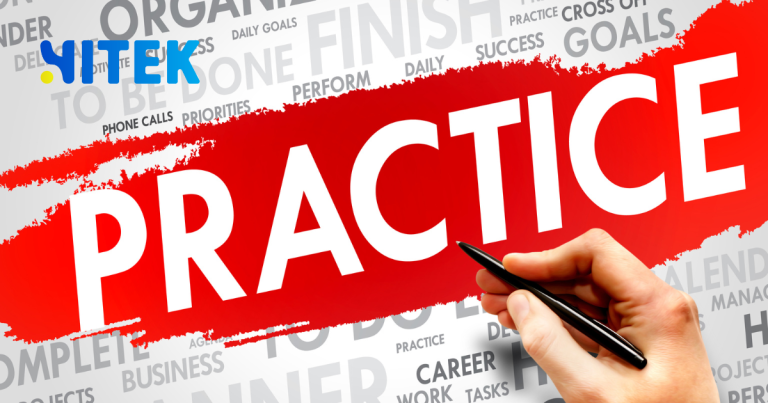So, you’ve got a killer app idea that could change the game. Maybe it’s a productivity tool, a fitness tracker, or the next big social platform. But here’s the catch: turning that idea into reality requires funding. And let’s be honest, securing funding for app development can feel like navigating a maze blindfolded.
Don’t worry—whether you’re a first-time founder or a seasoned entrepreneur, this guide will walk you through the best ways to get funding for app development in Australia. From government grants to venture capital, we’ve got you covered.
Contents
ToggleWhy Funding Matters for App Development
Before we dive into the how, let’s talk about the why. Developing an app isn’t cheap. You’ve got design, development, testing, marketing, and ongoing maintenance to consider. According to Statista, the average cost of developing a mobile app can range from $40,000 to $300,000, depending on complexity.
In Australia, the tech scene is booming, with cities like Sydney and Melbourne becoming hubs for innovation. But competition is fierce, and standing out requires more than a great idea—resources. That’s where funding comes in.
Top Ways to Secure Funding for App Development in Australia
1. Government Grants and Incentives
Australia is known for its supportive ecosystem for startups, and the government offers several grants and incentives to help innovators get off the ground.
- Entrepreneurs’ Programme: This initiative provides funding and support for businesses at various stages. The Accelerating Commercialisation grant, for example, offers up to $1 million to help bring new products to market.
- Research and Development (R&D) Tax Incentive: If your app involves innovative technology, you could claim a tax offset for eligible R&D activities. Learn more about the R&D Tax Incentive.
Pro Tip: Government grants often have strict eligibility criteria, so make sure your app aligns with their goals.
2. Angel Investors
Angel investors are high-net-worth individuals who provide capital in exchange for equity. They’re not just about the money—many bring valuable industry experience and connections.
In Australia, networks like Sydney Angels and Melbourne Angels are great places to start. These groups often invest in early-stage startups with high growth potential.
3. Venture Capital (VC) Funding
Venture capital might be the way to go if you’re aiming for rapid growth. VCs typically invest more considerable sums than angel investors but often require a proven track record of significant traction.
Some notable Australian VC firms include:
- Blackbird Ventures: Known for backing tech startups like Canva.
- AirTree Ventures: Focuses on high-growth companies in the tech space.
Remember, VCs usually look for startups with scalable business models and a clear path to profitability.
4. Crowdfunding
Crowdfunding platforms like Kickstarter and Indiegogo allow you to raise funds directly from the public. This approach secures funding and validates your idea by gauging interest from potential users.
In Australia, platforms like Pozible cater specifically to local creators.
5. Bootstrapping
Bootstrapping might be your best bet if you’re not keen on giving up equity or dealing with investors. This means funding your app development through personal savings, revenue from other projects, or small business loans.
While bootstrapping requires discipline and resourcefulness, it gives you complete control over your app’s direction.
6. Accelerators and Incubators
Accelerators and incubators provide funding, mentorship, and resources in exchange for equity. They’re ideal for early-stage startups looking to refine their product and business models.
Some top programs in Australia include:
- Startmate: Offers $75,000 in funding and access to a network of mentors.
- BlueChilli: Focuses on tech startups and provides seed funding.
Key Considerations When Seeking Funding
1. Have a Solid Business Plan
Investors want to see more than just a great app idea—they want a viable business model. Your business plan should outline your target market, revenue streams, and growth strategy.
2. Prototype or MVP
A Minimum Viable Product (MVP) demonstrates that your idea is feasible and gives investors something tangible to evaluate.
3. Know Your Numbers
Be prepared to discuss your financial projections, including how much funding you need and how you plan to use it.
Funding Options at a Glance
| Funding Type | Best For | Pros | Cons |
|---|---|---|---|
| Government Grants | Early-stage startups | Non-dilutive, supportive ecosystem | Strict eligibility criteria |
| Angel Investors | Startups needing mentorship | Access to expertise and networks | Equity dilution |
| Venture Capital | High-growth startups | Large funding amounts | High expectations, loss of control |
| Crowdfunding | Validating market interest | No equity loss, marketing opportunity | Requires strong marketing effort |
| Bootstrapping | Founders wanting full control | No equity loss, full autonomy | Limited resources |
| Accelerators/Incubators | Early-stage startups | Mentorship, resources, and funding | Equity dilution, competitive application |
Final Thoughts
Securing funding for app development in Australia is no small feat, but with the right strategy, it’s entirely achievable. Whether you opt for government grants, angel investors, or crowdfunding, the key is to align your funding approach with your app’s goals and stage of development.
Remember, funding is just the beginning. Building a successful app requires passion, persistence, and a willingness to adapt. So, what are you waiting for? Start pitching, start building, and turn that app idea into reality.
Do you have questions about app development funding? Please share them in the comments below or reach out to us directly. Let’s build something amazing together!









